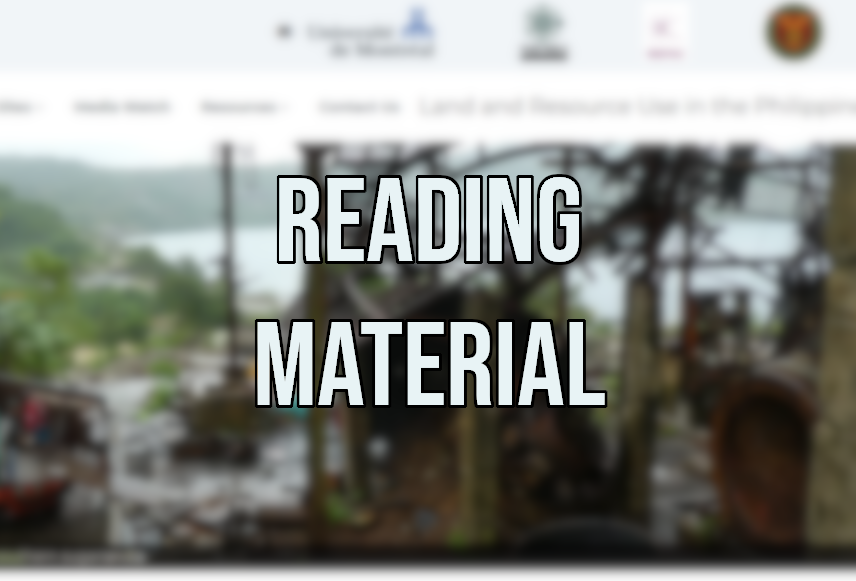This paper situates the land grab in the conjunctural crisis of capitalist ecology, expressed in climate, energy and food crises, which in turn transform the food/fuel regime. This crisis serves a double purpose: of justifying investment in land offshore to offset shortages in the name of food and (alternative) energy security on the one hand, and on the other, to facilitate a new wave of investment in agriculture as a solution to the profitability crisis of capital in an era of financialization. In addition, this new enclosure is an expression of transition in the food regime, as its geopolitical form and productive content re-centers on Southern land and the emerging bioeconomic imperative. The paper explores this transition, and whether and to what extent ‘agriculture’ itself is the answer to the current accumulation crisis, noting that capital’s profitability depends on subsidies from home and host governments, and infrastructural support of land grabbing by development agencies. Related to this is the discursive framework spun around investment in farm, forest and common land, and what it might tell us about the refashioning of necessity and possibility in the neoliberal development project of embedding states, and the development establishment, in the imperatives of accumulation and dispossession.
Author: Philip McMichael
Published by: Land Deals Politics Initiative (2011)
PDF Embedder requires a url attribute
